Today, on the octave day of Christmas, which we still celebrate as Christmas Day, we are blessed to remember the Blessed Virgin Mary, the Holy Mother of God. We do this because we all know that Mary’s faith made possible our own lives of faith and even more wonderfully made possible the salvation of the whole world and everyone ever to live in it. She was the one, chosen by God, to see the Gospel come to life before her very eyes. She intimately beheld the Word, she held our God in her faithful and loving hands, treasuring each moment in her heart.
So Mary’s faith is a model for us, an ideal for which we disciples must strive to follow. God’s call will often take us into unknown territory, as it did for our Blessed Mother, but in faith we are called to say “yes” to his plan for us anyway. God’s call will often call for sacrifice and even sorrow in the short term, as it did for our Blessed Mother, but we are still asked to give all that we have. Mary did that without a second thought or a moment’s regret. How willing are we? Can we take a leap of faith, make a fiat, and cooperate with God’s work in our lives and in the world? We have no way of knowing where that might lead us; just like Mary, that might lead to heartache and sorrow; but just like Mary, it may lead to redemption beyond belief, beyond anything we can imagine.
Today the Church proclaims courageously that Mary is the Mother of God. And let me tell you, this was a doctrine that came at great price. People fought over whether a human woman could ever be the mother of God. How would that even be possible? But the alternative, really, would be to insinuate that Jesus was not God. We know that Jesus had two natures: human and divine. Neither nature was subordinate to the other there was no separation or division or elevation of one nature at the expense of the other; they were both wrapped up intimately with one another, incapable of being divided. So, because we clearly know that Mary was his mother, we say that Mary is the Mother of God. And so, as theologians teach us, Mary is the Mother of God the Word according to his human nature. She didn’t give birth to his divine nature; that was begotten by God. She is not the mother of the First or Third Persons of God; she is the mother of the Second Person, God the Word. Sister Sarah made us memorize all this in seminary, and every once in a while, when I’m feeling particularly theologically courageous, I reflect on this doctrine and marvel at its beauty.
So, Mary is the Mother of God, but Mary is also the Mother of the Church, leading its members to her son Jesus and to faith in God. She is mother of priests, caring for us in a special way and interceding for the faithful work of our calling. She is the mother of mothers, interceding for them and showing them how to nurture faith in their children. She is the mother of the faithful, showing us how to cooperate fully with God’s plan. She is mother of Scripture scholars and those who just love the Scriptures, having seen the Word unfold before her and treasuring it in her heart. She is the mother of disciples, having been the first of the disciples and the most dedicated of them all. She is the Mother of God, and our mother, and we cannot sing our Christmas carols without singing her praises too. We honor her faith and example today, and we ask for her intercession for our lives, for our families, for our Church and for our world.
Pray for us, o holy Mother of God, that we may be made worthy of the promises of Christ.
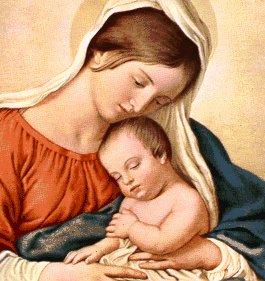
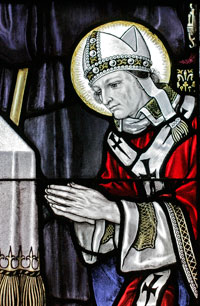
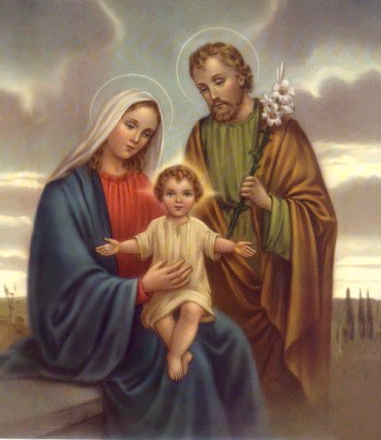
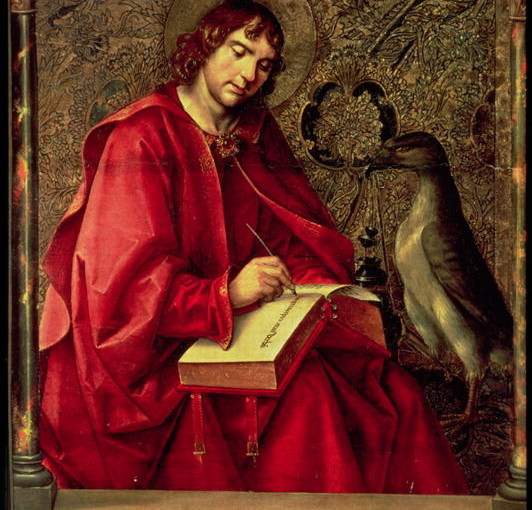
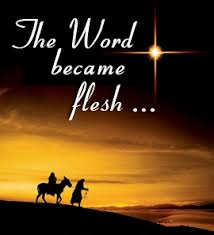
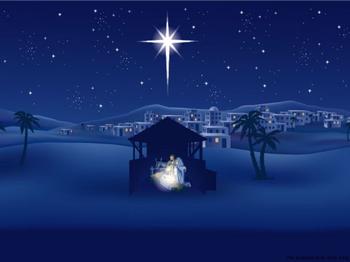
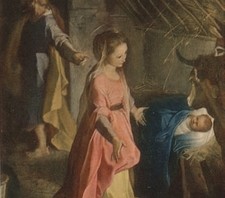
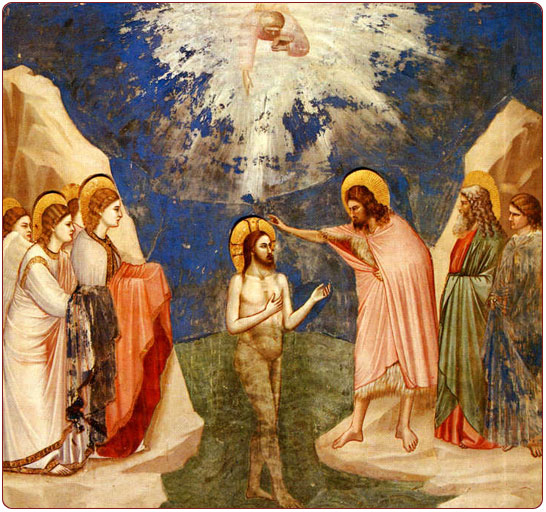
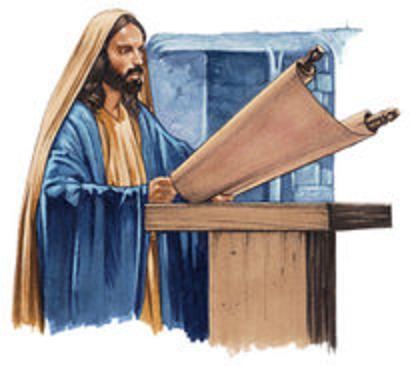
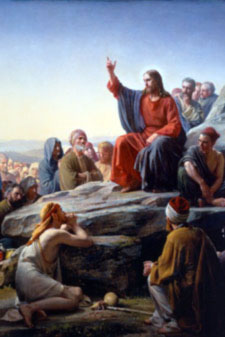
You must be logged in to post a comment.